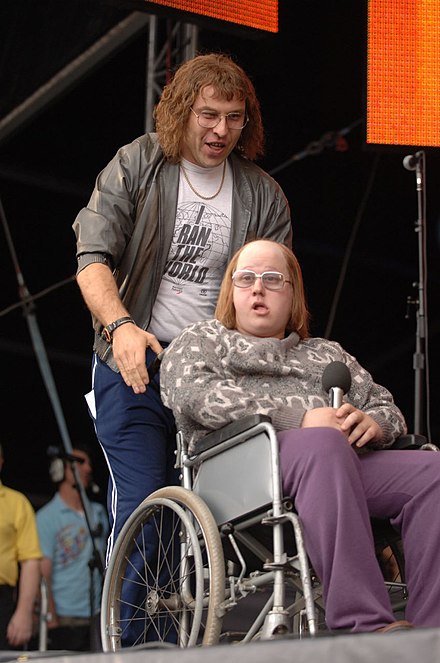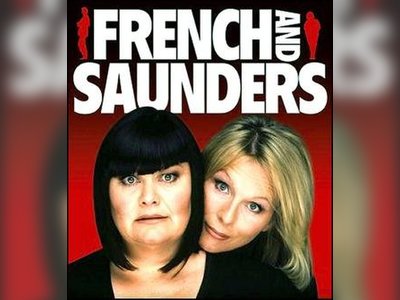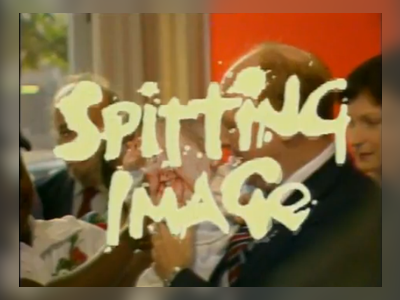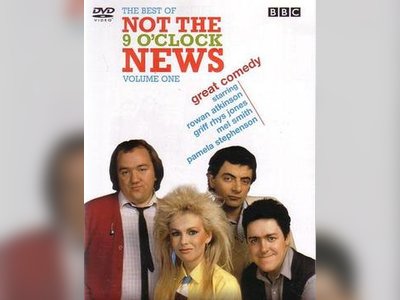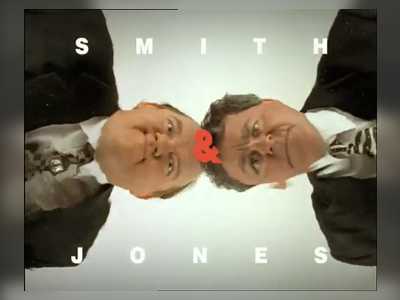Little Britain
An Unconventional Lens on British Heritage.
_"Little Britain"_ stands as a significant milestone in the annals of British comedy, etching itself into the public consciousness through its unique blend of satire, slapstick humour, and an unflinching lampooning of British societal norms and stereotypes. Created by David Walliams and Matt Lucas, the radio show turned television series emerged as a cultural phenomenon, bringing forth a legacy that transcended the small screen and had lasting impacts on British heritage and comedy.
Genesis and Overview of Little Britain
Launched initially as a radio show on BBC Radio 4 in 2000, _Little Britain_ found a broader platform on television three years later. The BBC-backed series was a smorgasbord of sketches featuring exaggerated parodies of British people from all walks of life. Narrated by Tom Baker, the programme positioned itself as a guide to British society for non-British individuals, a premise steeped in irony that formed the backbone of the show's comedic essence.
Underneath the humour, _Little Britain_ leveraged a smart comedic strategy to critique British society's less flattering traits. The characters, like Andy Pipkin who feigns disability, Daffyd Thomas, the self-proclaimed "only gay in the village," and Vicky Pollard, the anti-social, working-class "chav," mirror various aspects of British society in their absurd, over-the-top performances.
The programme's title, _Little Britain_, a play on the term Little Englander (referring to narrow-mindedness and complacent singularity) and Great Britain, further reinforced the series' commitment to satirising British norms and mores.
Popularity, Spin-offs, and Impact on British Television
_Little Britain_'s success was far-reaching. It garnered a large audience, peaking at 9.5 million viewers following its move to BBC One in 2005. Such was its popularity that it spurred live shows touring internationally, Comic Relief specials, and a US-based spin-off, _Little Britain USA_, produced by HBO in 2008.
Beyond its successful transition from radio to television, _Little Britain_ made an indelible mark on British television by harnessing the public's self-deprecating understanding of their culture and its idiosyncrasies. Its approach to comedy, although not without criticism, set a benchmark for sketch comedies that followed.
Notable Characters and Trademark Sketches
All the main characters of _Little Britain_ were portrayed by Walliams and Lucas themselves, which often required them to take on a range of accents, personas, and even cross-dress, adding an extra layer of hilarity to the sketches. The recurring characters, each with their distinct catchphrases and quirks, became a part of British pop culture, their catchphrases seeping into everyday conversation.
Criticism and Controversy
Despite its massive success, _Little Britain_ was not without controversy. Concerns were raised about its impact on younger viewers due to its heavy use of toilet humour and the potentially harmful stereotypes it propagated, particularly regarding women and minority groups.
In the face of growing criticism, Walliams and Lucas openly acknowledged in later years that parts of their show did not age well. The pair apologised for some of the offensive elements of the show, particularly its use of blackface. In 2020, the show was removed from several UK streaming platforms due to these concerns.
Little Britain's Legacy
Despite the controversies, _Little Britain_'s cultural impact is undeniable. Its audacious humour and willingness to lampoon a broad spectrum of British society left a significant imprint on the landscape of British comedy. Walliams and Lucas went on to create more shows, furthering their impact on British television.
The influence of _Little Britain_ extended beyond Britain's borders, inspiring international renditions like the Russian series, _Nasha Russia_. The characters returned for commercials and special events, and the show even spawned a video game, reinforcing its status as a cultural phenomenon.
Ultimately, the lasting legacy of _Little Britain_ lies in its unique ability to encapsulate the quirks, eccentricities, and social stereotypes of British society within its comedic lens. As the laughter echoed, the show provoked conversations about these very same stereotypes, encouraging self-reflection on British cultural norms and societal values. In doing so, _Little Britain_ not only provided entertainment but also contributed significantly to British heritage, making it an important chapter in the history of British television comedy.
- Little Britainen.wikipedia.org

